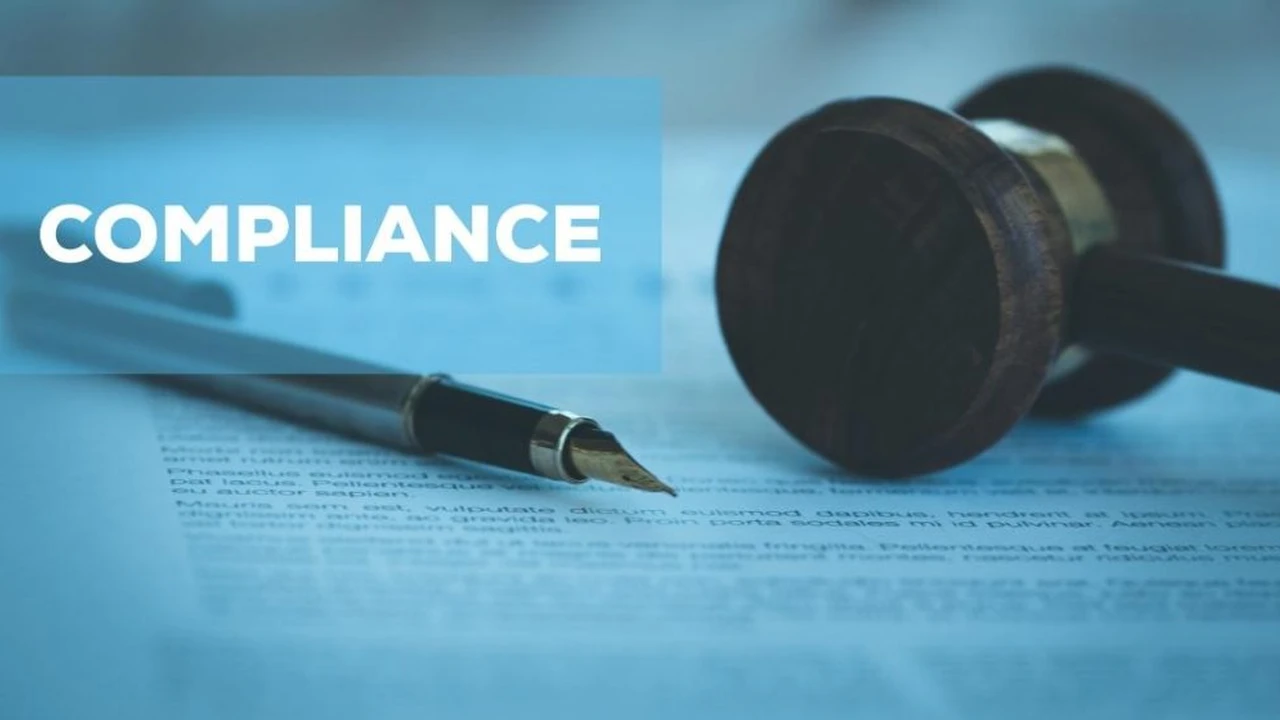Thailand Digital Nomad Visa
Discover the allure of Thailand as a digital nomad. This article outlines visa pathways tailored for remote workers, focusing on eligibility, required documents, and practical advice. Learn how to legally live and work in Thailand while enjoying its vibrant culture and stunning landscapes.

Thailand Visa Options for Remote Workers: A Comprehensive Guide
So, you're dreaming of working from a beach in Thailand, sipping on coconut water, and exploring ancient temples in your downtime? Sounds amazing, right? But before you book that one-way ticket, let's talk visas. Navigating the visa situation in Thailand as a digital nomad can seem a little tricky, but it's definitely doable. This guide breaks down the most common options and helps you figure out which one is right for you.
Understanding the Tourist Visa for Short-Term Stays in Thailand
The classic tourist visa is your starting point for many. It allows you to stay in Thailand for a limited time, usually 30 or 60 days depending on your nationality and how you obtain it (visa exemption vs. applying for a visa in advance).
How it works: Many nationalities, including US citizens, can enter Thailand visa-free for 30 days. This is often referred to as a visa exemption. You'll just need a valid passport and proof of onward travel (a flight out of Thailand within 30 days). Some nationalities can apply for a 60-day tourist visa at a Thai embassy or consulate before traveling.
Pros: It's easy to obtain (especially the visa exemption), doesn't require much paperwork, and is good for short exploratory trips.
Cons: It's not a long-term solution. You can't legally work while on a tourist visa. Overstaying is a big no-no and can lead to fines, detention, and even being banned from re-entering Thailand.
Important Note: Visa runs (crossing the border and immediately returning to extend your stay) are becoming less reliable and are often frowned upon by immigration officials. Don't rely on them as your primary strategy.
The Thailand Elite Visa: Long-Term Residency for a Premium Price
If you're looking for a hassle-free, long-term option and have some cash to spare, the Thailand Elite Visa might be for you. This visa provides residency in Thailand for 5, 10, or even 20 years, depending on the program you choose.
How it works: You pay a membership fee (ranging from around $15,000 to $60,000 USD) and gain access to a range of benefits, including visa assistance, airport concierge services, and discounts at hotels and restaurants.
Pros: Long-term residency, no need to worry about frequent visa extensions, VIP treatment, and access to exclusive services.
Cons: It's expensive. You still can't legally work for a Thai company while on an Elite Visa, but remote work for foreign companies is generally accepted.
Is it worth it? If you plan to spend a significant amount of time in Thailand over several years and value convenience, the Elite Visa can be a good investment. Consider it a luxury item.
Non-Immigrant Visa Options: Business and Education Pathways in Thailand
These visas are more complex but can be suitable if you meet specific criteria. Two common types are the Non-Immigrant B Visa (for business) and the Non-Immigrant ED Visa (for education).
Non-Immigrant B Visa: This is for those employed by a Thai company or running their own business in Thailand. It requires a significant amount of paperwork, including a work permit.
Non-Immigrant ED Visa: This is for students enrolled in a recognized educational institution in Thailand. Many digital nomads use this to study Thai language or culture. You'll need to attend classes regularly.
Pros: Allows you to stay in Thailand legally for an extended period. The B visa allows you to work legally for a Thai company.
Cons: Significant paperwork and requirements. The ED visa requires you to attend classes. The B visa requires you to be employed by a Thai company, which can be difficult to arrange.
The Smart Visa: Targeting High-Skill Professionals in Thailand
The Smart Visa is designed to attract highly skilled professionals and investors to Thailand. It targets individuals in specific industries, such as technology, science, and engineering.
How it works: You need to meet specific criteria related to your skills, experience, and income. The visa offers a range of benefits, including a longer stay permit and exemption from certain work permit requirements.
Pros: Attractive for qualified professionals, longer stay permit, and potential work permit exemptions.
Cons: Strict eligibility requirements, limited to specific industries.
The New Digital Nomad Visa (LTR Visa): Thailand's Long-Term Resident Visa
Thailand has recently introduced a Long-Term Resident (LTR) visa program, aimed at attracting wealthy global citizens, skilled professionals, and retirees. One of the categories under this visa is tailored for \"Work-From-Thailand Professionals,\" essentially a digital nomad visa.
How it Works: This visa targets highly-skilled remote professionals working for foreign companies. To qualify, you typically need to demonstrate a minimum income, health insurance coverage, and a certain level of professional experience. The LTR visa offers a 10-year renewable visa, tax benefits, and other perks.
Pros: Long-term stay (10 years renewable), potential tax benefits, and streamlined visa process compared to some other options.
Cons: Higher income requirements, application process can still be complex, and the visa is relatively new, so the long-term implications are still unfolding.
Thailand Visa Application Checklist: Essential Documents and Requirements
Regardless of the visa type you choose, you'll need to gather the necessary documents. Here's a general checklist:
- Valid passport (with at least six months of validity remaining)
- Visa application form (available from the Thai embassy or consulate)
- Passport-sized photos
- Proof of onward travel (flight ticket or booking confirmation)
- Proof of funds (bank statements)
- Letter of employment (if applicable)
- Criminal record check (depending on the visa type)
- Health insurance (covering medical expenses in Thailand)
Important: Requirements can vary depending on your nationality and the specific visa you're applying for. Always check with the Thai embassy or consulate in your country for the most up-to-date information.
Health Insurance for Digital Nomads in Thailand: Staying Protected
Having adequate health insurance is crucial when living and working in Thailand. You'll want a policy that covers medical expenses, hospitalization, and emergency evacuation.
Recommendations:
- SafetyWing Nomad Insurance: A popular choice for digital nomads, offering comprehensive coverage at an affordable price (around $45-$100 per month, depending on your age and deductible). It covers medical expenses, travel delays, and lost luggage. Use Case: Ideal for short to medium-term stays and those prioritizing affordability.
- World Nomads: Another reputable provider offering a range of travel insurance plans with varying levels of coverage. Use Case: Good for adventurous travelers and those seeking coverage for specific activities like scuba diving or hiking.
- Cigna Global: A more premium option providing comprehensive international health insurance. Use Case: Suitable for long-term stays and those who want access to a wide network of hospitals and doctors.
Comparison: SafetyWing is generally the most affordable, while Cigna Global offers the most comprehensive coverage. World Nomads falls somewhere in between. Consider your budget and specific needs when choosing a policy.
Banking and Finance for Digital Nomads in Thailand: Managing Your Money
Opening a Thai bank account can be helpful for managing your finances while living in Thailand. It allows you to easily pay bills, receive payments, and avoid international transaction fees.
Recommendations:
- Bangkok Bank: One of the largest and most reputable banks in Thailand, offering a range of banking services.
- Kasikornbank (KBank): Another popular bank with a strong online banking platform and numerous branches throughout the country.
- SCB (Siam Commercial Bank): A well-established bank offering a variety of accounts and services.
Opening an Account: You'll typically need your passport, visa, and proof of address in Thailand to open a bank account. Some banks may also require a letter of recommendation from your embassy.
Staying Legal and Compliant: Avoiding Visa Overstays and Work Permit Issues in Thailand
It's essential to stay legal and compliant with Thai immigration laws. Overstaying your visa can lead to serious consequences, including fines, detention, and being banned from re-entering Thailand.
Tips for Staying Compliant:
- Always be aware of your visa expiry date.
- Apply for visa extensions well in advance.
- Don't work illegally without a valid work permit.
- Respect Thai laws and customs.
- Keep copies of your passport and visa with you at all times.
Recommended Legal Resources for Digital Nomads in Thailand
Navigating the legal landscape can be tricky. Here are some resources that can help:
- Thai Immigration Bureau: The official government website for immigration information.
- Thai Embassies and Consulates: Your first point of contact for visa applications and inquiries.
- Expat Forums and Online Communities: A great source of information and advice from other digital nomads living in Thailand. (e.g., ThaiVisa.com)
- Legal Professionals: Consider consulting with a lawyer specializing in immigration law if you have complex legal questions.
:max_bytes(150000):strip_icc()/277019-baked-pork-chops-with-cream-of-mushroom-soup-DDMFS-beauty-4x3-BG-7505-5762b731cf30447d9cbbbbbf387beafa.jpg)






